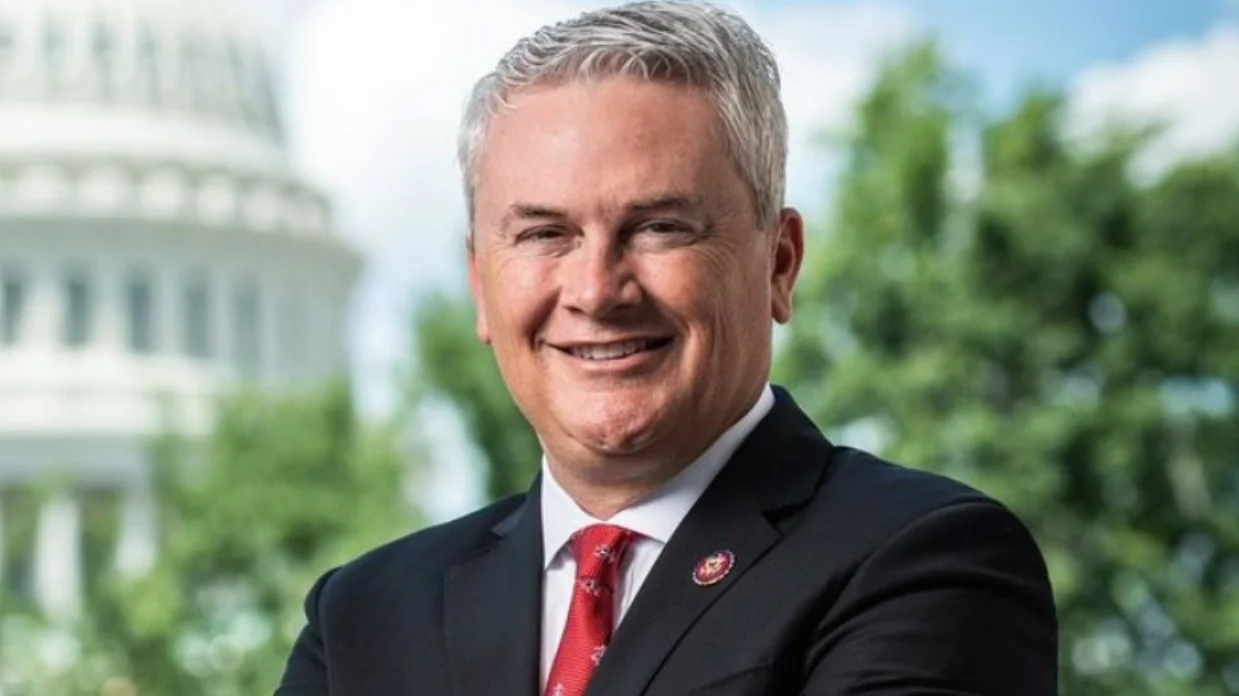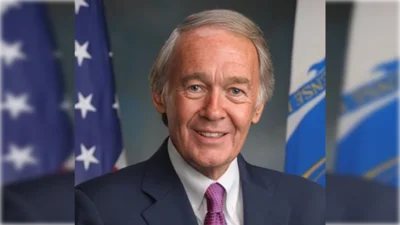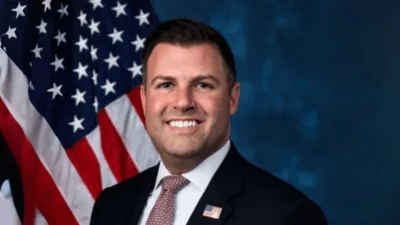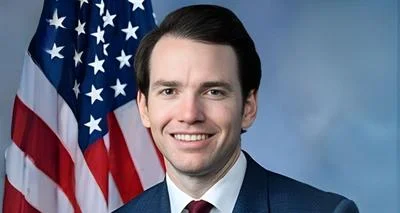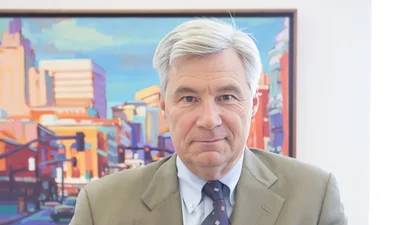The Subcommittee on Delivering on Government Efficiency convened a hearing titled “Playing God with the Weather — a Disastrous Forecast,” focusing on the federal government’s involvement in weather control and geoengineering. Lawmakers discussed the unknown outcomes of these activities, as well as ethical and legal questions regarding their use.
Dr. Roger Pielke Jr., Senior Fellow at the American Enterprise Institute, told lawmakers that “weather modification activities have been widely implemented in the United States and around the world for 70 years. Many decades ago, weather modification was called weather control. Nobody calls it weather control anymore, because scientists understand that controlling the weather is simply not possible. Despite the long track record of experience with operational weather modification activities, the effectiveness of weather modifying activities for actually modifying the weather is unknown. A hypothesis worth exploring systematically would be whether the precise quantification of the outcomes associated with weather modification is even possible, given the scientific record.”
Christopher Martz, Meteorologist and Policy Analyst at the Committee for a Constructive Tomorrow, noted: “Nine states actively facilitate cloud seeding programs, but they have strict regulations about when and where they can be implemented. There are two states, however, that have [it] banned, which are Florida and Tennessee. Now, geoengineering is a different issue from that. It’s the proposed attempt to counteract global warming by either removing CO2 from the atmosphere or altering amount of sunlight that reaches the Earth’s surface, the latter of which is a very controversial topic… The [Intergovernmental Panel on Climate Change] says that, with high agreement, that it could limit global warming to below 1.5° Celsius above pre-industrial levels. Now, in regard to whether cloud seeding should be banned, I’m of the view that we should minimize the interference with nature.”
Martz added: “While the planet has gotten warmer over the last 100 years, there is uncertainty as to exactly how much influence humans have exerted on it, and this uncertainty arises from the fact that climate models produce too much warming with known physics, which is why modelers have to artificially calibrate their models to the instrumental temperature record. There’s uncertainty in the magnitude of actual energy flows as measured by satellites...which means that warming could be mostly natural...or it could be mostly anthropogenic...And finally there is no fingerprint of anthropogenic or manmade global warming that distinguishes it from natural variability."
Lawmakers emphasized transparency regarding federal spending on geoengineering and called for oversight.
Pielke recommended legislative action: “[First], Congress should enact legislation to improve oversight of weather modification activities...including first requesting an assessment from the national academy of sciences that precisely quantifies what is known and unknown about effectiveness...and clarifying prospects for ever being able to achieve certainty in quantifying effectiveness. [Second], improving required reporting and communicating...Congress should standardize U.S. Federal law governing weather modification..."
Subcommittee Chairwoman Marjorie Taylor Greene (R-Ga.) questioned witnesses about historic climate changes.
Greene asked Dr. Pielke if Earth’s climate has changed historically since its creation; he replied: “Yeah, there’s long time series that go back thousands, millions of years showing vast changes. However,...changes over last century and a half have been judged to be largely driven by accumulating greenhouse gases in atmosphere...What is controversial is ‘what are effects? When will we know them?’ I would disagree with [Dr. Michael MacCracken...] that we can control weather with carbon dioxide emissions..."
Martz agreed generally with Pielke's assessment about historical climate fluctuations but noted uncertainties remain regarding how much change results from human activity.
Rep. Eric Burlison (R-Mo.) explored public perceptions around cloud seeding's frequency and effectiveness:
Burlison asked if cloud seeding occurs less often than people think due to uncertain effects; both witnesses agreed.
Martz commented further: "There’s also no increase in rapid intensification events globally…There have been increases in heavy rainfall in some regions...But overall,...the idea we are able to control weather even through climate change is largely grossly overstated."
Rep. Brandon Gill (R-Texas) sought clarification between cloud seeding—a small-scale precipitation effort—and geoengineering—planetary scale intervention.
Gill also referenced catastrophic floods in Texas last July; Martz responded there was no evidence linking local cloud seeding operations to those floods due to timing and location factors.
To study these issues further, Martz advocated assembling bipartisan groups for comprehensive reports using both modeling and laboratory experiments.
James Comer currently serves Kentucky’s 1st district in Congress after replacing Ed Whitfield in 2016 (https://comer.house.gov/about). He previously served in Kentucky's House of Representatives from 2001-2012 (https://bioguide.congress.gov/search/bio/C001108). Born in Carthage, Tennessee in 1972, Comer resides in Tompkinsville (https://www.rollcall.com/2023/05/17/kentuckys-james-comer-has-been-in-training-for-this-moment/), having graduated from Western Kentucky University with a BS degree.
